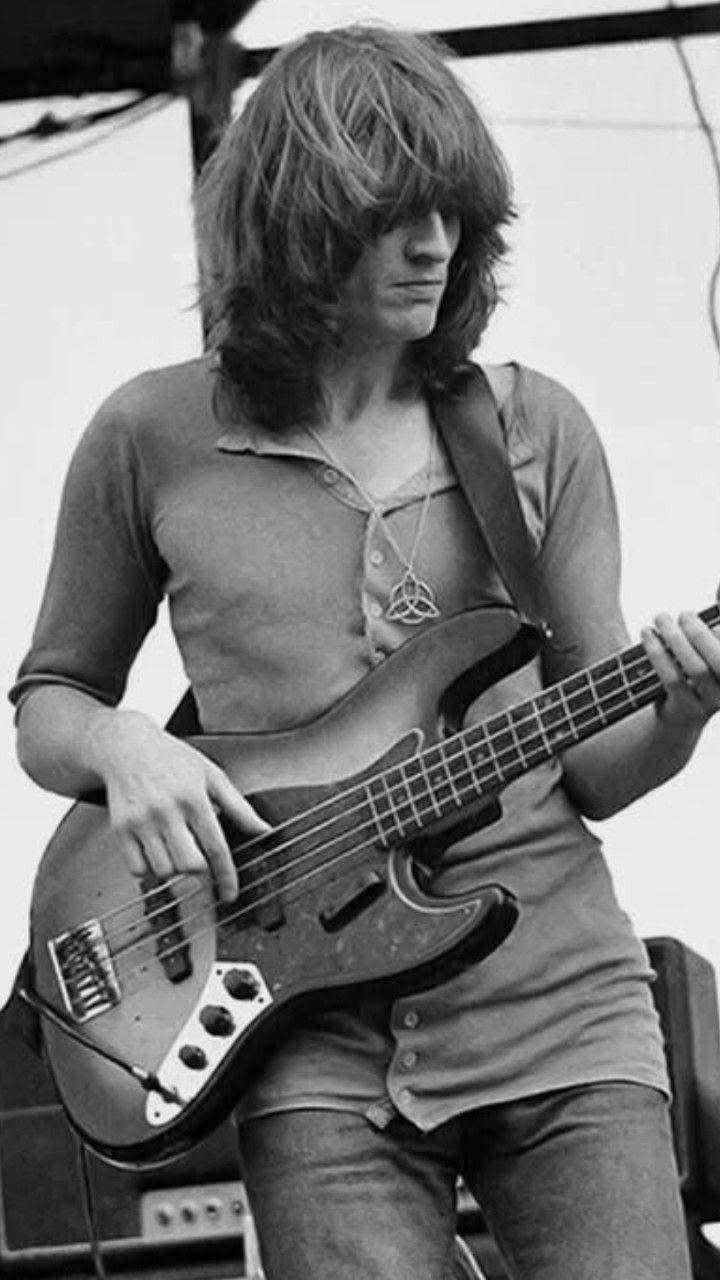John Paul Jones is one of rock music’s most versatile and quietly influential figures. Best known as the bassist and keyboardist for Led Zeppelin, Jones has spent his decades-long career pushing musical boundaries with an insatiable curiosity and a remarkable command of numerous instruments. Far more than a traditional rock sideman, Jones has carved out a reputation as an adventurous composer, collaborator, and multi-instrumentalist whose talents stretch far beyond the confines of any one genre.
Born John Baldwin in 1946 in Kent, England, Jones was immersed in music from a young age. His early work as a session musician in the 1960s laid the foundation for his genre-blending approach. Before forming Led Zeppelin with Jimmy Page, Robert Plant, and John Bonham, Jones had already played on and arranged recordings for artists such as Donovan and The Rolling Stones. His ability to move seamlessly between instruments—bass, keyboards, mandolin, lap steel guitar, koto, and even ukulele—became a defining feature of his career, allowing him to contribute richly textured arrangements and sonic innovation to the Zeppelin catalog.
Jones’s contributions to Led Zeppelin were profound. While his bandmates often received more attention, his musical fingerprints are all over the band’s most iconic moments. Whether it was the haunting mellotron on “Kashmir,” the funky clavinet on “Trampled Under Foot,” or the mandolin-driven arrangements in “Going to California,” Jones’s role as arranger and multi-instrumentalist was crucial to the band’s sound. He also brought a classical sensibility and deep knowledge of harmony and composition that helped elevate Zeppelin beyond their blues-rock peers.
After Led Zeppelin disbanded in 1980, following Bonham’s death, Jones pursued an eclectic range of projects. Unlike his bandmates, he avoided the limelight and focused on less commercial but often more musically adventurous work. He composed film scores, such as for the movie *Scream for Help*, and delved into classical and opera projects, including collaborations with avant-garde and contemporary classical composers. His classical training and broad musical interests positioned him to thrive in these genres without sacrificing his identity as a rock musician.
His solo work further reflects his experimental spirit. Albums like *Zooma* (1999) and *The Thunderthief* (2001) feature heavy, complex instrumental tracks that blend progressive rock, jazz fusion, and ambient textures. These works highlight his love of odd time signatures, unusual instrumental combinations, and sonic layering. Far from conventional solo records, these albums showcase a restless creativity and a deep commitment to musical exploration.
Jones has also remained an in-demand collaborator. His ability to bridge musical worlds has led to work with artists as varied as Diamanda Galás, R.E.M., Foo Fighters, and avant-garde Norwegian group Supersilent. In 2009, he joined forces with Josh Homme and Dave Grohl to form the hard-rock supergroup Them Crooked Vultures, proving his continued relevance in modern rock circles. His adaptability and technical skill make him a respected presence in almost any musical setting.
Despite his achievements, Jones has always shunned the spotlight. He prefers to let his work speak for itself, quietly amassing a legacy built not on image but on innovation and mastery. His contributions to music have been recognized with numerous accolades, including his 1995 induction into the Rock and Roll Hall of Fame as a member of Led Zeppelin.
Even into his later years, John Paul Jones remains creatively active, ever curious and eager to explore new sounds. His career is a testament to the power of versatility, humility, and musical intelligence. Whether in the background or center stage, Jones’s influence continues to resonate across genres and generations.
